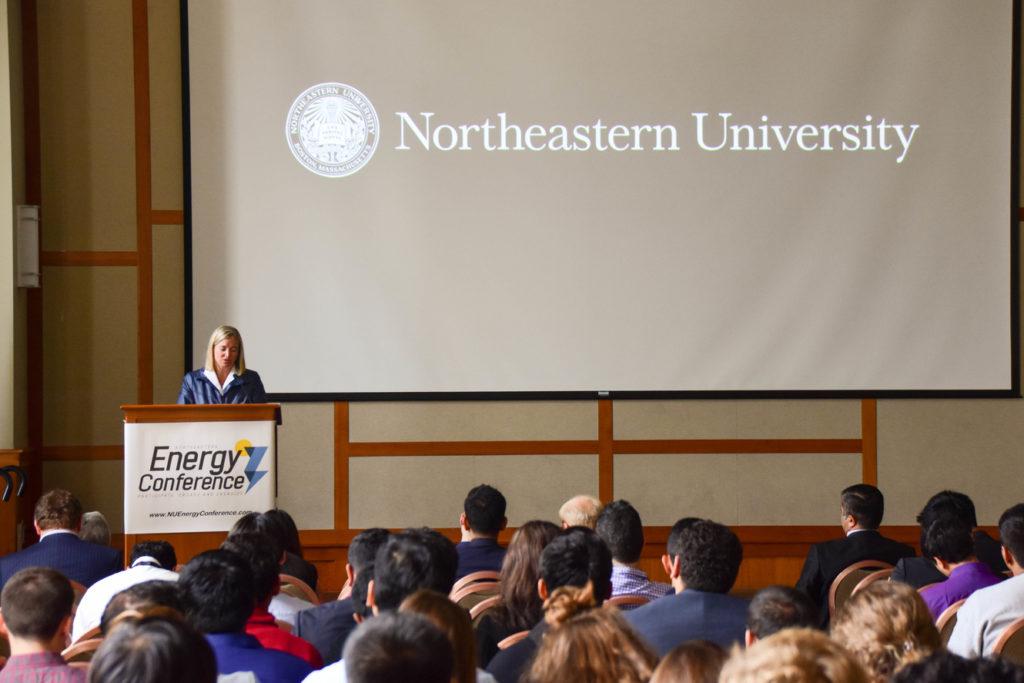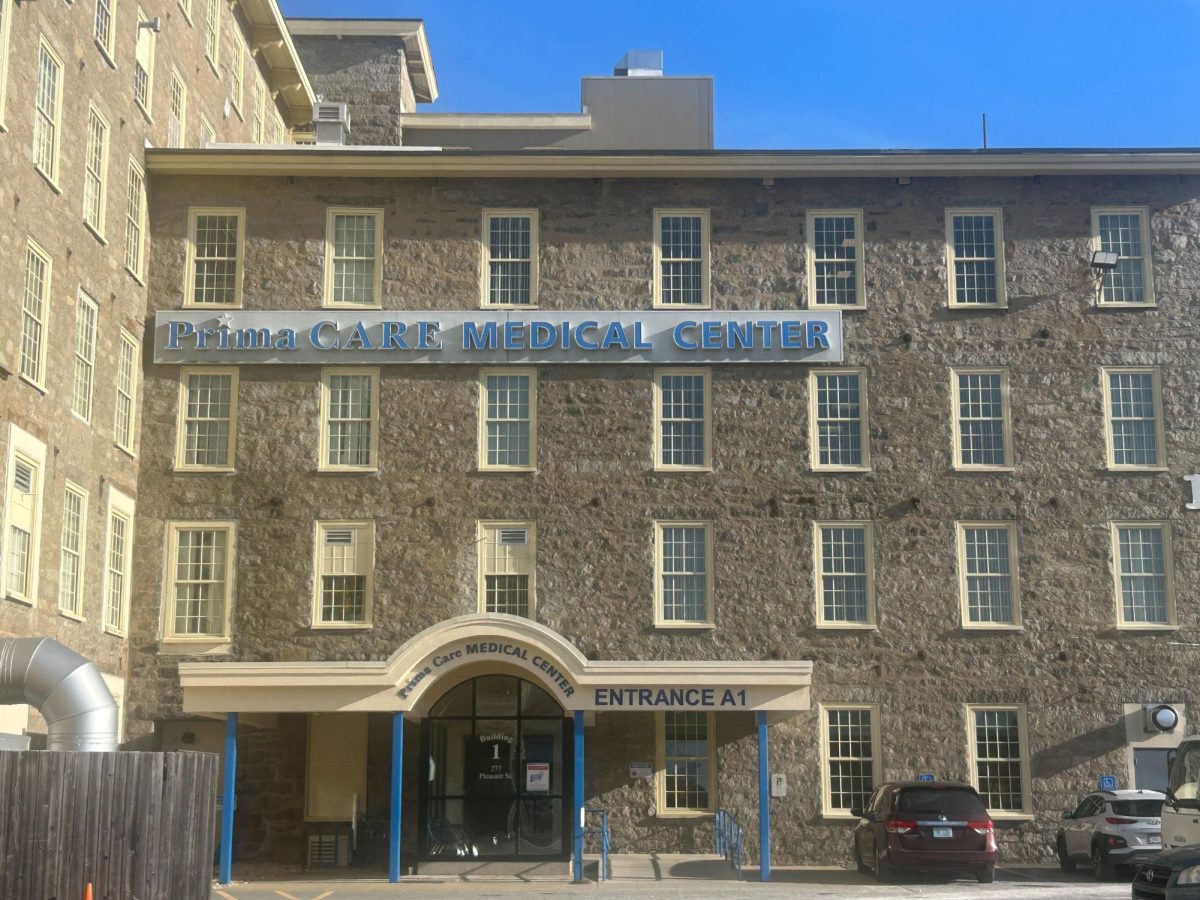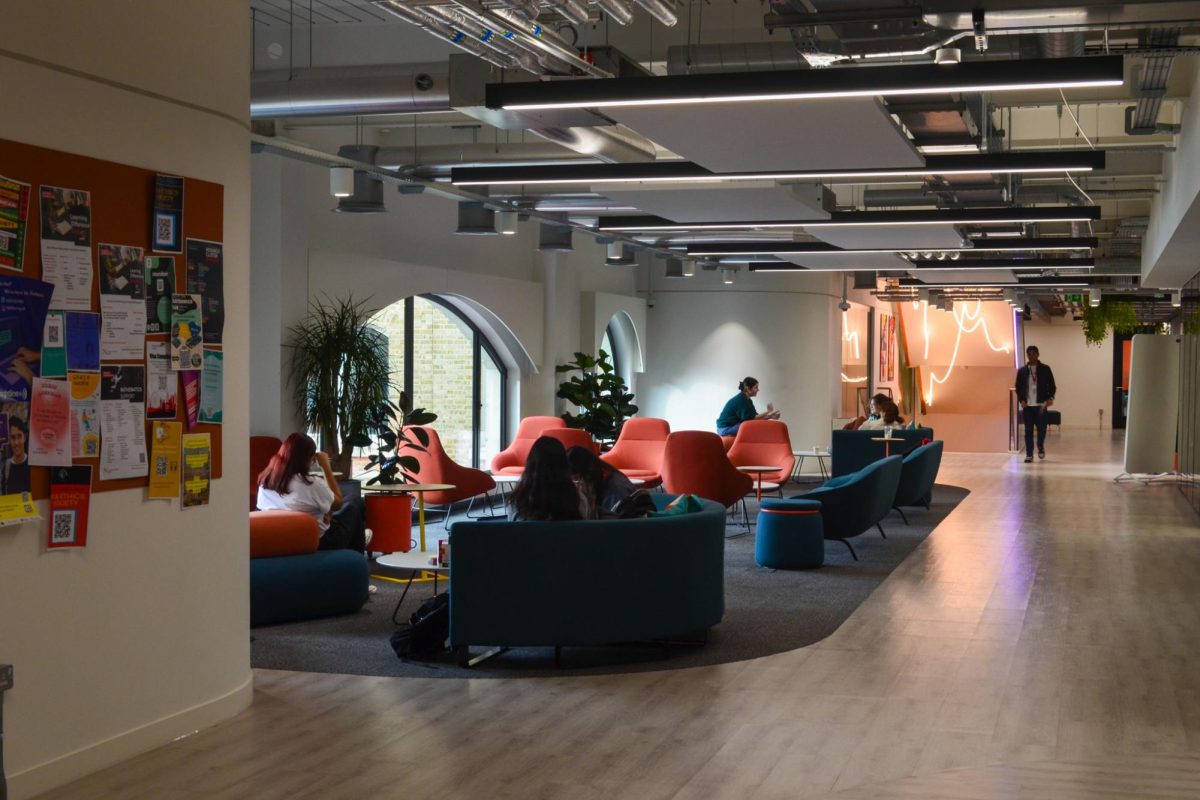By Erika Christiansen, news correspondent
Panel discussions, workshops, speeches and a networking reception filled the day from 8 a.m. to 6 p.m. at the Northeastern University Energy Systems Society (NUESS)’s second annual Energy Conference. The event, which took place on Sept. 30 in Curry Student Center, provided a space for students and professionals alike to discuss sustainability issues and potential strategies to solve them.
Rishabh Sardana, the president of NUESS, gave a welcome address in which he introduced the society itself and the core idea behind the conference.
“Even a tiny change in the environment, the climate, the surrounding ecosystem will highly influence the processes,” he said. “We have two options: either we can stop that change or we can start working to adapt to that change.”
Many of the people attending the conference were students hoping to attain a better knowledge base and make connections for a future in energy innovation and technology.
“In college, you’re often limited to what your classes teach you,” said Brandon Robinson, a third-year applied physics major. “Conferences like this are really great because they show you more than what you’re normally exposed to.”
Each panel revolved around a different field of energy innovation and was led by four to five experts in the targeted area. Topics ranged from business entrepreneurship in energy to renewable energy outside of solar and wind. The panels encouraged those in the audience to learn and contribute to a more energy efficient future. In all, attendees had the option to attend seven different panels throughout the day.
Jash Shah, a first-year graduate student getting his master’s degree in energy systems, said NUESS’s presence contributed to his decision to earn his degree at Northeastern.
“It is the best way that you get to know about the industry and how it’s shaping up,” Shah said. “Because we know the energy industry is growing up exponentially.”
According to a report from the World Economic Forum, the field of energy supplies and technology will grow 2.13 percent from 2015 to 2020. Shah said this is why events like NUESS’s conference are so important to college students in particular.
“You need to be keeping track of what is updating with the technology and everything,” he said. “We have the greatest panel discussions.”
Robinson said he also believes college students should attend events for reasons beyond just information.
“This is what connects you with people in the energy sector,” he said. “These professionals work their whole lives to improve and do things, so it’s a great way to make connections.”
The keynote speaker was Marcy L. Reed, the president of National Grid in Massachusetts. National Grid is a large regulated gas and electric company serving Massachusetts, New York, Rhode Island and the United Kingdom.
Reed spoke of various ways in which National Grid was constantly working to not only keep up with innovation, but also be at the forefront of it.
“As we reinvent the traditional utility business model there needs to be a fundamental shift to get us to an affordable decarbonized energy future,” she said. “It is not our father’s or our grandfather’s utility for sure.”
Reed ended with what she called a “shameful plug for National Grid” by mentioning that 60 percent of the workforce will be retiring in the next five years.
“There has never been a more interesting or exciting time to work in utility and in particular at National Grid,” she said. “I look forward to receiving a resume from every single one of you.”
Rachel Morford contributed to this report.
Photo by Jonathan Northcott









